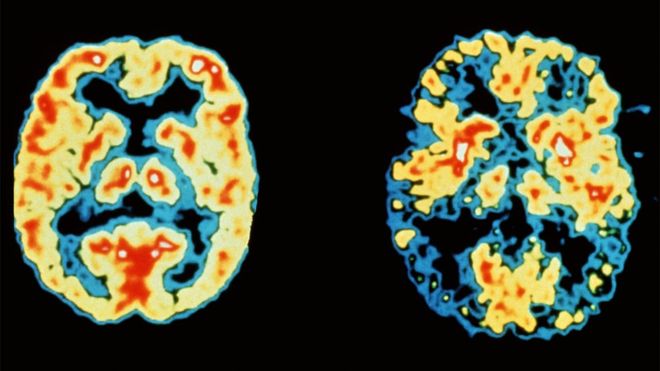Hearing Loss and Dementia
Curt Culford, M.Cl.Sc. Aud, Reg. CASLPO Audiologist
A topic that has been garnering attention in the news lately is the relation between hearing loss and dementia. Both dementia and hearing loss can have a significant impact on everyday activities, negatively affecting a person’s quality of life. Is there a connection between the two? After consulting recent research studies, I hope to shed some light on the issue.
First, we have all heard the term “dementia” but what does it mean exactly? “Dementia” describes a set of symptoms that consists of memory problems, language problems, personality changes, and/or difficulties with thinking. It is a degenerative disease that progressively worsens over time. Alzheimer’s disease is the most common form. As the population ages, we expect to see a large increase in the prevalence of dementia.
Research indicates there is an association between hearing loss and dementia. When a hearing loss is present, more effort is required to engage in conversation. This increase in effort puts a strain on cognitive resources and makes it difficult to perform other tasks, such as remembering what was said during a conversation. The strain on the person is even greater in loud environments, such as restaurants, social gatherings, etc. This negative effect on communication and comprehension could resemble the signs and symptoms of dementia, when it is actually the hearing loss at fault.
Compounding the issue, people with hearing loss may begin to isolate themselves and withdraw from activities and conversations due to the additional effort required to follow along. This can cause further cognitive decline as there will be less stimulation for the brain. Current evidence is suggesting that hearing loss and the resulting symptoms can contribute to the development of dementia. Even with a mild hearing loss, some studies have found you are two times more likely to develop dementia compared to those with normal hearing. As the hearing loss becomes more severe, the risk increases, up to 5 times!
I’ll briefly describe another interesting study. It found that hearing aid wearers have the same risk of age-related cognitive decline as people without hearing loss. However, when they looked at people who have hearing loss but do not wear hearing aids, they found that cognitive decline was accelerated. They concluded that hearing aids can help prevent accelerated cognitive decline.
It is important to identify and treat hearing loss, especially when there are cognitive issues, and ideally before they start. Hearing aids can reduce “cognitive load” as well as reduce depression and isolation by allowing the person to rejoin the conversation and company of others. Your hearing should not be taken for granted and the timely treatment of hearing loss can result in better health now, as well as in the future.


